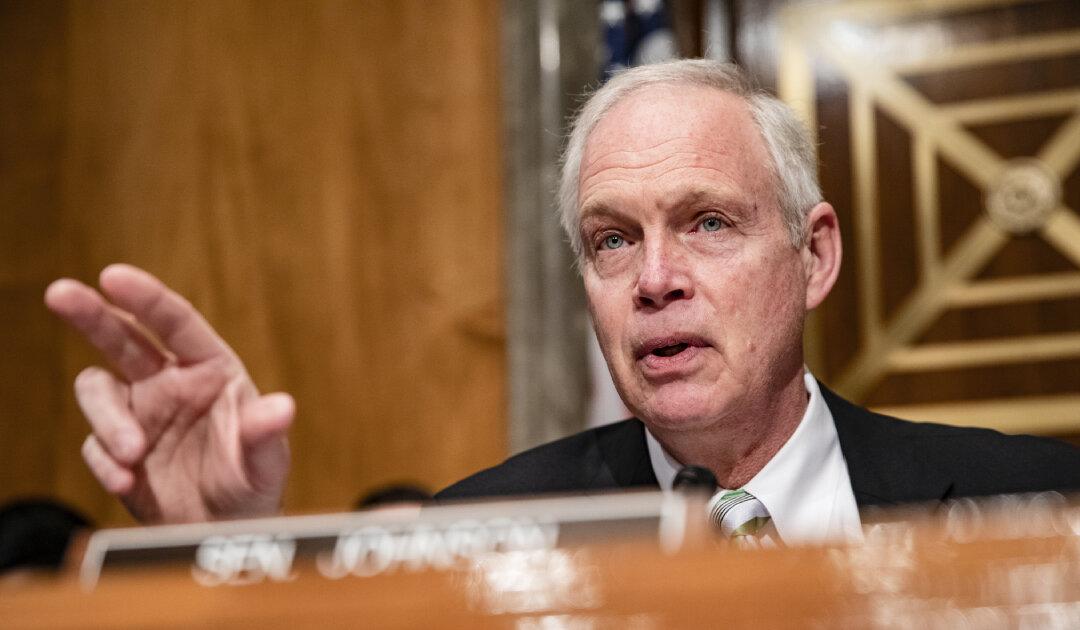A proposal to trade the Columbus Day federal holiday for one on Juneteenth was spurred by fears that the latter would be approved by the Senate as a federal holiday with no debate, Sen. Ron Johnson (R-Wis.) told The Epoch Times.
“I didn’t want an 11th day for government workers to get paid and the rest of America having to pick up that $600 million price tag when we’re $26.2 trillion dollars in debt, about 17.8 million Americans currently unemployed,” Johnson said on July 7, describing his proposal as being “mischaracterized” in some reports.





